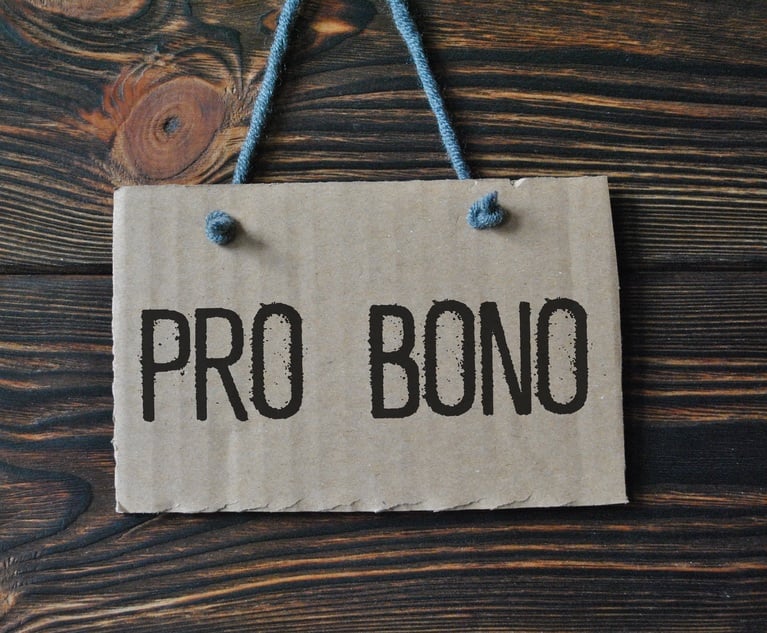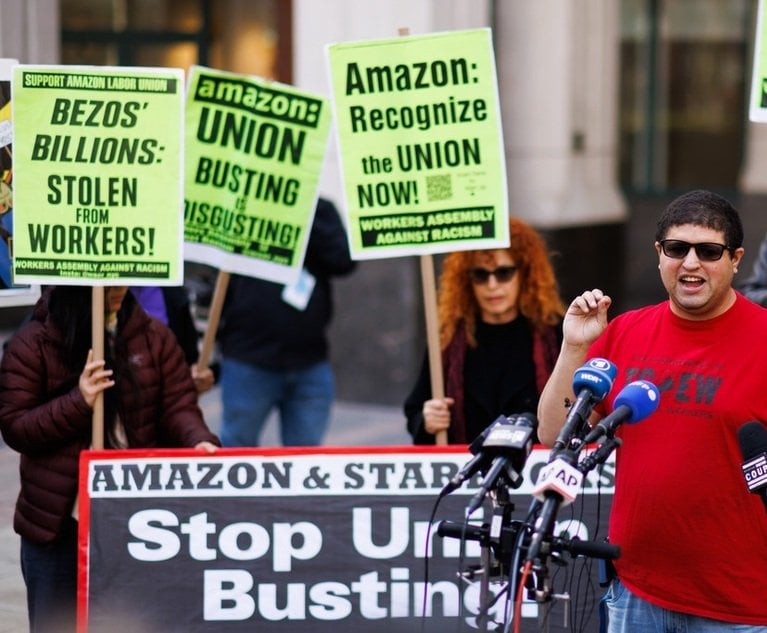Under law, private, municipal, state and federal employees have the guaranteed right to form a union to represent their interests on a variety of employment issues, such as wages, hours and conditions of employment. Once a union is formed using a democratic/majority rule process, the union is the exclusive entity that can collectively bargain with the employer. Employees who join the union pay annual dues to cover costs and fees associated with the union’s governance. All employees have the absolute right to decline joining the union. Collective bargaining is what gives a union its strength and power, however, the union is obligated not only to fairly represent the interests of its members, but of its non-members as well. This counter-intuitive reality stems, in part, from the fact that unions derive significant income not only from their members, but also from employees who are compelled to pay dues to unions of which they are not members.
Indeed, until recently, in the 22 states and the District of Columbia known as “collective bargaining” jurisdictions (in contrast to the 28 states and the federal government, known as “right to work” jurisdictions), public, non-union employees were still forced to pay “fair share” or “agency” fees to fund activities that are “germane to [the union’s] duties as [the] collective-bargaining representative” (commonly known as “chargeable expenditures”). Abood v. Detroit Board of Education, 431 U.S. 209, 235-236 (1977). Such fair share fees could not be used to fund “nonchargeable” expenses toward “ideological purposes unrelated to collective bargaining.” Id. at 232.


 Photo: John Kershner/Shutterstock.com
Photo: John Kershner/Shutterstock.com




